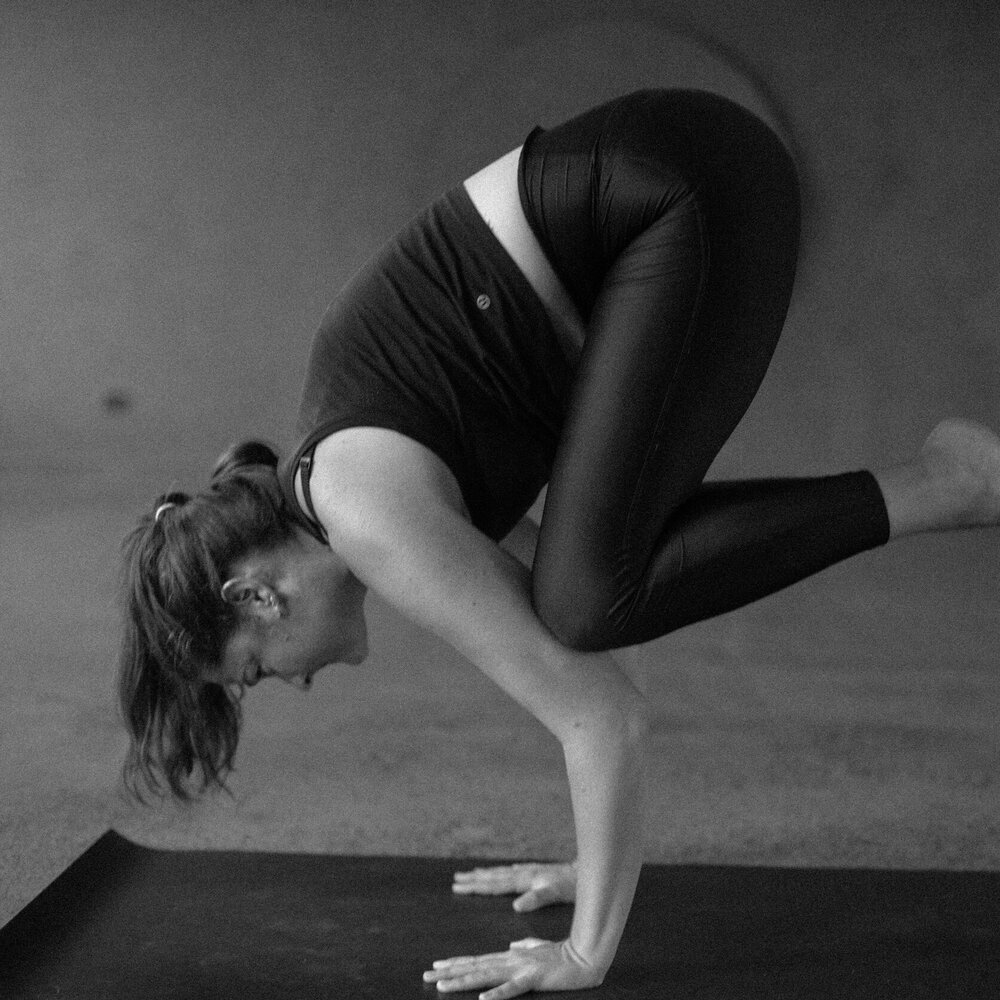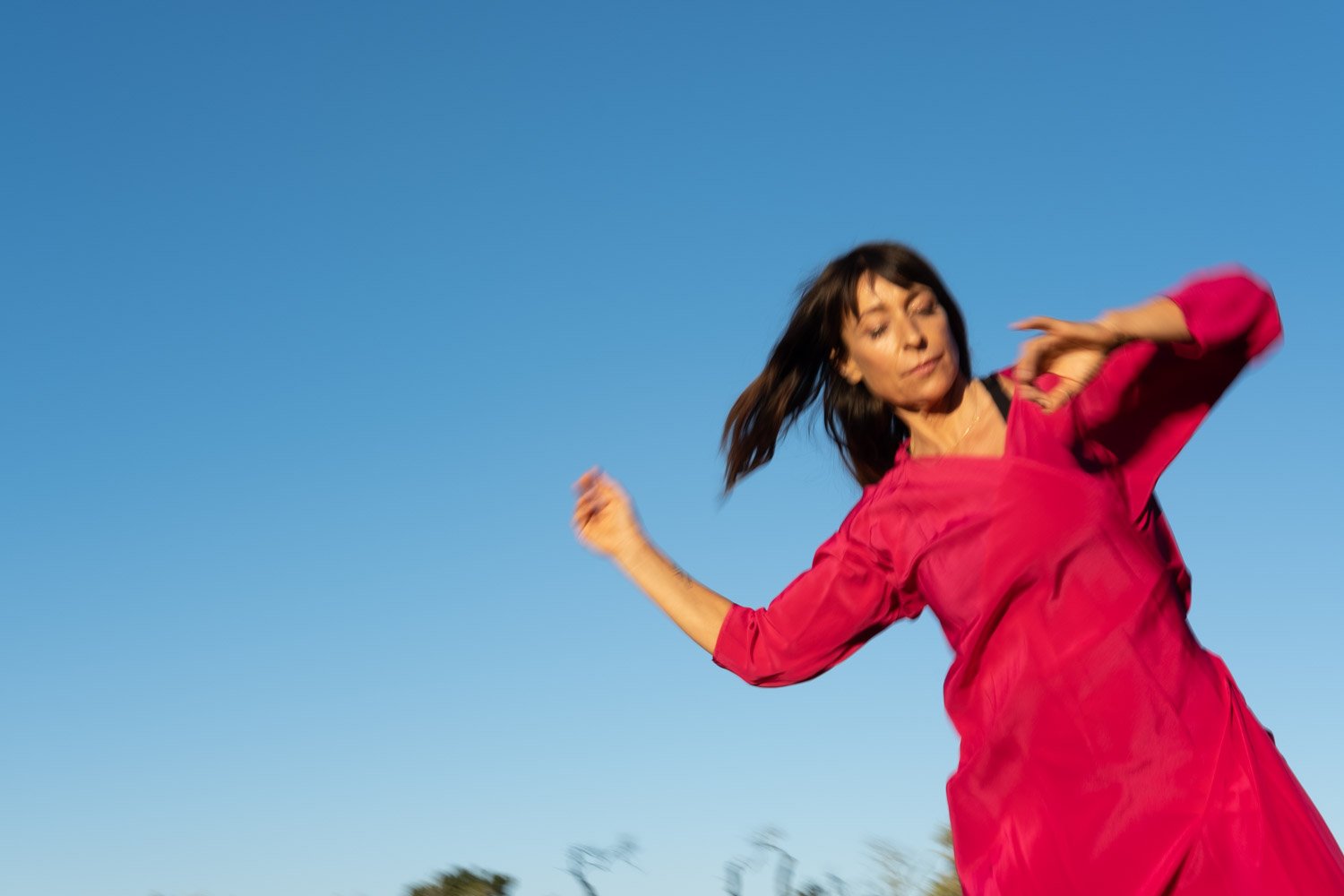Community
Eridani Talks Māori Language Week | Sala Studio, Auckland NZ
Māori language week is a chance to connect with the language of the land, but what does it mean to the generation who feel disconnected from their heritage?
Sep 14, 2021
Image credit: Dane Wetton
Māori language week for many of us is the invitation to connect with the indigenous language of the land, but what does it mean to the generation who feel disconnected from their heritage? We talk to Eridani about her journey on reclaiming land, language and ultimately herself.
What does being Māori mean to you?
It means to be normal, to be natural. To be inseparable from nature. Before Pākehā got here, we didn’t use that term. I am Kāi Tahu, more specifically I am Ngāti Te Ruahikihiki and Kāti Hāteatea. I think the words we use, the names we give things are important.
My first name, Eridani, is the name of a constellation of stars, it's used in navigation. It's also a name that is important to the Coahuiltecan people, a small Native American tribe. My dad believed all Native Peoples to be cosmically connected. Eridani is the celestial river that mirrors the Yanaguana. The two rivers, water, and celestial meet to make a path between the two worlds.
So, being Māori means I am part of a global community of Indigenous peoples and together we share an understanding of connectivity and collectivism that I think is much deeper than a western view allows. Indigenous peoples also share a history of colonisation, marginalisation, historic trauma, identity dysphoria and lower socioeconomic conditions. To claim one’s identity as Māori is an intrinsically political act.
It’s Te Reo language week, what does that mean for you?
I find it kind of daunting. It’s encouraging too, and I think it puts the spotlight where it needs to be. But inevitably it brings up a lot of mamae. It makes me aware that I have a long way to go in reclaiming the fullness of myself. That is the bit that I find daunting. But it is ultimately mahi I am committed to and am constantly inspired by. There is a poem called WHEN DOES IT START? By Maraea Rakuraku. It sums up how I feel about where I am at on my journey right now. I recommend finding her work.
This is the poem:
WHEN DOES IT START?
by Maraea Rakuraku
It's not waving a flag, holding a banner, knowing what postcolonial theory means and when to use it, memorising quotes and lining them up like soldiers that are sent out in waves of attacks,
It's not being polite, remaining open, listening fairly, vigilantly assessing your motivation, re-writing your carefully worded response, marvelling how the person who has cornered you on-line, at a party, work do or rugby game is not hearing how every word they are saying is offensive and they may as well be slicing through your heart, with the intent-sity of a scythe clearing long grass,
It isn't realising dressing up racist rhetoric in flash language is still just racist rhetoric in flash language and sniffing that out in the first, I'm not racist...but,
It isn't recognising white privilege and entitlement, functioning under white privilege and entitlement, loving under white privilege and entitlement,
It doesn't start with the huge fucking disappointment when a brown brotha is worse than the worst redneck you've encountered in your life,
It doesn't start by standing up for your iwi, people, culture, colleague, son, daughter, lover, missus, Koro, Nan, cuzzie, animals, Papatūānuku, or even yourself,
It starts,
with that first step from the margins into the glare of light
and
opening
your
mouth,
that started
when the idea of you was born and took seed
that started
when the idea of you was born and took seed
that started
when the idea of you was born
that started
with the idea of you.
Why is reclaiming Te Reo Māori important to you?
The whawhai to reclaim Reo Māori is tied to a lot of other things. It’s tied to the fight to see Te Tiriti upheld, the fight to see māturanga wahine recognised. It’s tied to tino rangatiratanga and mana motuhake. More simply, for Māori, in order to know what is worth knowing you have to know te tīmatanga – the beginning. That beginning is in the land and in the stories that it holds. To know yourself as Māori is to know your whenua and your tīpuna. My tīpuna have been pouring their stories into this land for generations. I’d like to be able to pour my own stories into the whenua in the language I believe this whenua understands.
More politically, I recognise that in an attempt to render Māori as invisible in Pākehā culture, colonisation sought to dispossess Māori of our land, language, and Indigenous ways of knowing. Colonial practices targeted wāhine Māori through the weaponisation of pedagogy. Disrupting the precolonial balance that existed between mana wāhine and mana tāne. The gendered hierarchy colonisation introduced was used to supress wāhine Māori. Indigenous peoples globally, share a history of being dispossessed and of having their power balance disrupted – this underpins all health inequity for Māori. The fight to reclaim Te Reo Māori is tied to the fight for equity, health and land.
What’s your approach to leaning?
With most things I go pretty hard, I’ve always been into academic pursuit, but with Reo a slower, more steady approach has worked best. As wāhine Māori learning my Reo has brought into view emotions and feelings that previously I didn’t have the language for. I think a common example of this is the feel, as a result of the ongoing effects of colonisation, whakamā and/or wainuku. There aren’t adequate English equivalents for these kupu, they would be translated as depression, or shame, and that’s not quite right.
In terms of practicality, to learn Reo I think it’s really good to have a study buddy. I have been studying with my friend and school mate Vanessa. We study Psychotherapy together so we’ve come to know each other really well. Vanessa is Pākehā, I know a lot of Māori want to learn with other Māori, and that is valid, it was my preference too. But learning alongside tauiwi has been filled with precious other learnings that I didn’t know I didn’t know. It’s helping me learn to trust, it’s having the effect of healing a wound I don’t think I really knew was there.
From the perspective of mental health praxis, it’s made me see the value and necessity of cultural competency and bicultural practice.
The programme we’ve been using to learn is called TŌKU REO which is a language learning show based on the comprehensive Te Whanake language course created by Professor John Moorfield. We were doing a class a week but since lockdown began, we’ve been doing one a day. I think we’ll keep that up moving forward. The half hour shows are free and accessible.
What resistances did you feel, if any, about beginning?
I feel sadness, and sometimes I want to resist that. Sometimes the words don’t flow, the kupu doesn’t yet fit on my tongue and every time that happens it’s a reminder of the intergenerational trauma of colonisation. But my ancestors have my back. In Kāi Tahu we have a saying: Mō tātou, ā, mō kā uri ā muri ake nei – for us and our children after us. I know my tīpuna thought of me, and the thread that connects me to them has never been broken. So, I move into the future, with my eyes on the past. The names that we give things are important, down my wahine Māori line, my last name is really Hakiri, it means to quietly but clearly speak the truth so that it is immediately understood. I’d like to be able to live up to that name.

Image credit: Catherine Phillips


